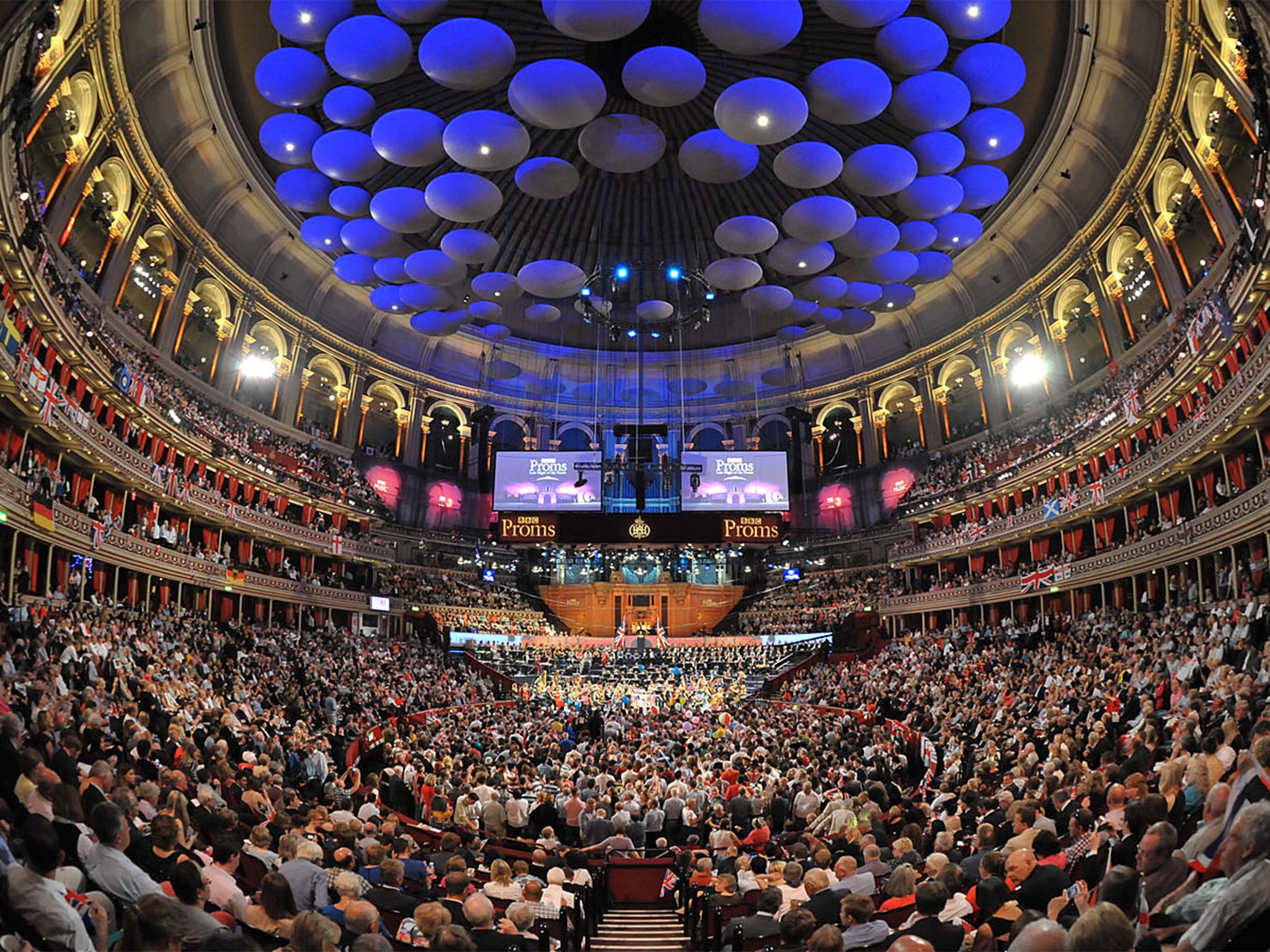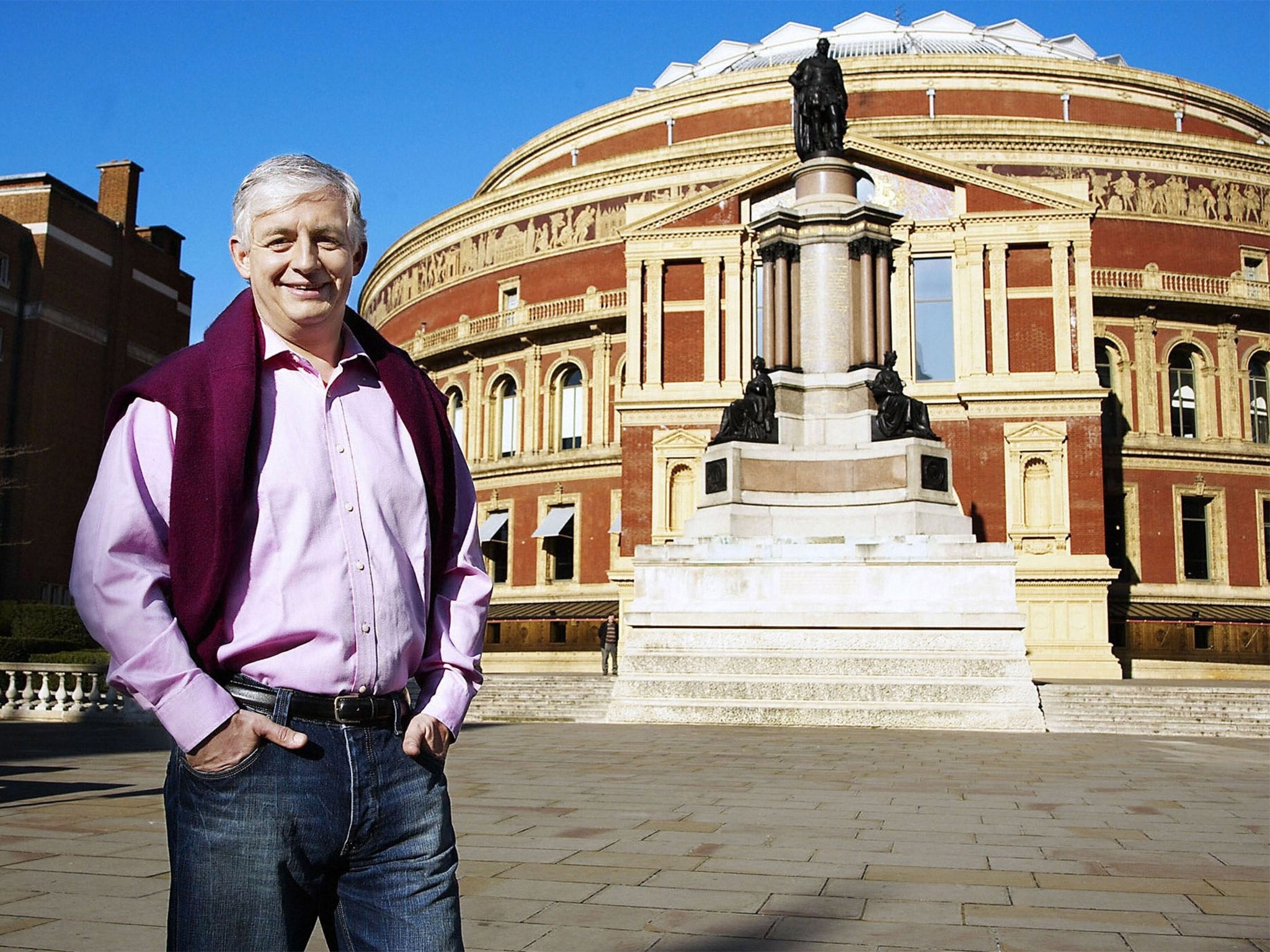The Proms: How will new director David Pickard steer the event with the BBC at a crossroads?
The Proms’ position will demand maintenance in the programming and requires a fine balance between the new and risky and the tried and tested

The appointment of Glyndebourne general director David Pickard as the new head of the Proms has surprised many. Widely expected to be a BBC insider – possibly one ready to wield an axe – instead, Pickard’s appointment appears to signal a willingness to be open to the new, the forward-looking, and the creative.
Pickard brought all these to Glyndebourne; and its continuing success, despite the crash years, suggests that he is no stranger to helping an institution weather a blast.
Roger Wright’s shoes at the Proms won’t be easy to fill. His determination to think big has reaped dividends, bringing to fruition projects such as a tie-in with the 2012 Olympics and, a year later, a complete Wagner Ring Cycle for the composer’s bicentenary year, conducted by Daniel Barenboim and featuring some of the world’s finest Wagnerians singers – each opera accessible to Promenaders for a mere £5.

Pickard is bound to face challenges. The BBC licence fee is due for a rethink next year; any changes to the funding model can scarcely not affect the Proms. At Glyndebourne, he presided over an institution that receives public funding only for education work and touring – the opera festival relies entirely on private money. He will now need to apply the diplomatic skills honed dealing with sponsors, donors and patrons to fighting the Proms’ corner in the boardrooms of the BBC.
The Proms’ position as “the world’s greatest classical music festival” – as it trumpets itself – will demand maintenance in the programming and requires a fine balance between the new and risky and the tried and tested.
Expectations come from every direction – some call for more premieres, others for more Mozart; some want more BBC tie-ins, others regard the occasional foray into pop or musicals as the End of the World As We Know It. Pickard must steer a slalom course through all of this.
Then there’s the brave new world online. Almost every year, the Proms announces further digital initiatives – this year’s innovation is a Proms App – and Pickard must make sure that they keep pace with the ever-more digitally aware younger audience.
Under his direction Glyndebourne was the first UK opera house to stream performances live online for free and to send its productions to cinemas for HD relay. All of this is surely also a must for the Proms.
Above all, Pickard needs to embrace the scale of vision for the Proms that Wright established. This means not only continuing the mission of bringing world-class classical music to the widest possible audiences. It also means doing so with a flair that can make events an experience to remember for a lifetime.
Join our commenting forum
Join thought-provoking conversations, follow other Independent readers and see their replies
Comments